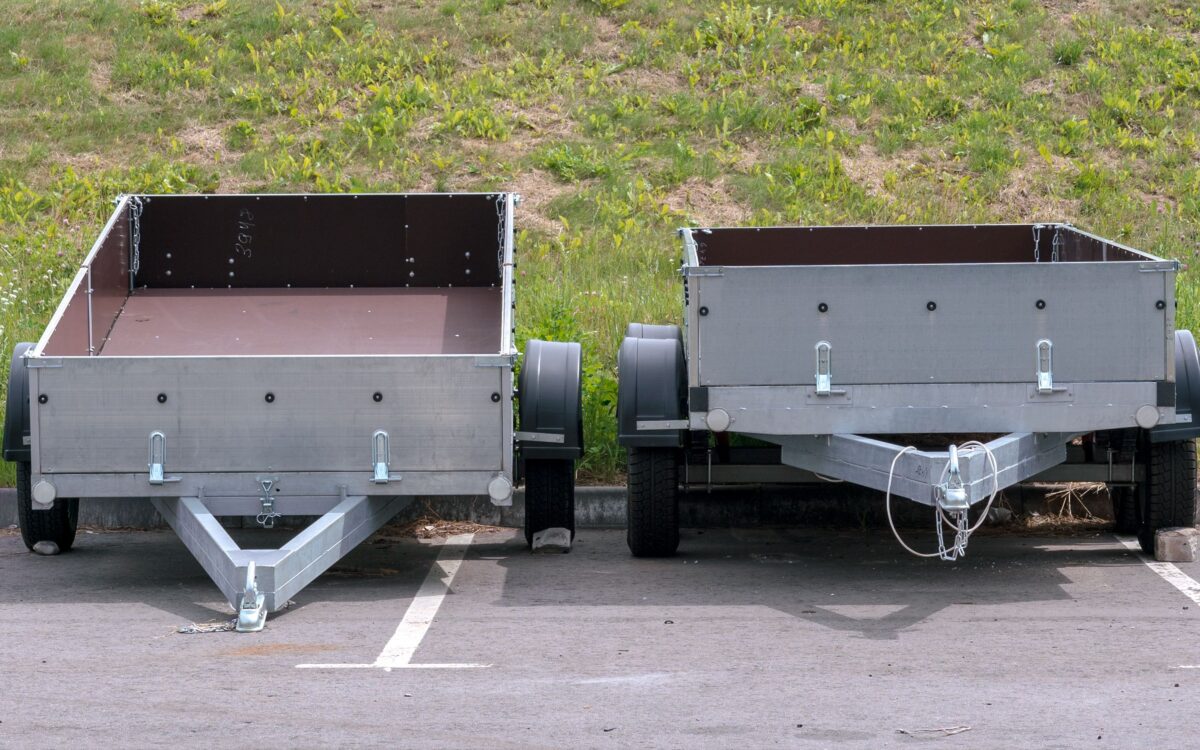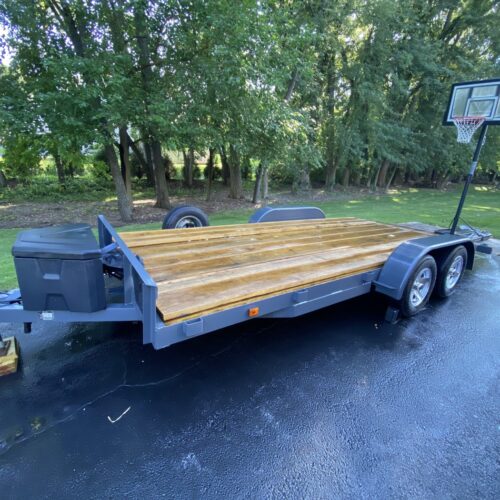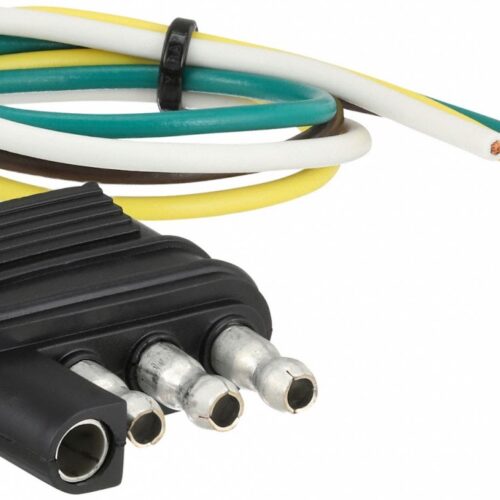Utility trailers are unsung heroes of the transportation world, quietly playing a crucial role in a myriad of tasks. Whether you’re a homeowner, a small business owner, or an outdoor enthusiast, utility trailers can become your most reliable companion. In this comprehensive guide, we will explore the various facets of utility trailers, from their types and features to practical tips on choosing the right one for your needs.
Types of Utility Trailers:
- Enclosed Trailers:
- Ideal for transporting goods that need protection from the elements.
- Perfect for moving furniture, tools, or valuable items securely.
- Open Trailers:
- Versatile and cost-effective, great for hauling bulkier items like lumber, debris, or yard waste.
- Well-suited for transporting recreational vehicles such as ATVs, motorcycles, or lawn equipment.
- Dump Trailers:
- Equipped with hydraulic systems, these trailers make unloading heavy materials like gravel, soil, or construction debris a breeze.
- Essential for landscaping and construction projects.
- Flatbed Trailers:
- Ideal for transporting large and heavy items that don’t require enclosure.
- Widely used in construction, agriculture, and transportation of machinery.

Key Features to Consider:
- Payload Capacity:
- Determine the weight of the items you plan to transport to ensure the trailer can handle the load.
- Be mindful of the Gross Vehicle Weight Rating (GVWR) to avoid overloading.
- Trailer Size:
- Consider the dimensions of the trailer bed to ensure it accommodates the items you need to transport.
- Tailor the size to fit your specific needs, whether it’s for household projects or professional use.
- Durability and Construction:
- Opt for trailers with robust construction materials like steel or aluminum for longevity and resilience.
- Ensure the trailer is built to withstand the challenges of different weather conditions.
- Braking System:
- Depending on the size and weight of your trailer, consider whether you need a trailer with brakes for enhanced safety during transportation.
Practical Tips for Choosing and Using Utility Trailers:
- Assess Your Needs:
- Clearly define your intended use to choose the most suitable type and size of trailer.
- Legal Considerations:
- Familiarize yourself with local regulations regarding trailer dimensions, weight limits, and towing requirements.
- Proper Loading and Securing:
- Distribute the weight evenly on the trailer to ensure stability during transportation.
- Utilize straps, tie-downs, or bungee cords to secure your load safely.
- Regular Maintenance:
- Keep your trailer in top condition by performing regular maintenance, including checking tires, lights, and the braking system.
Utility trailers are indispensable tools that cater to a diverse range of needs, offering convenience and efficiency in various aspects of life. By understanding the different types, key features, and practical tips for choosing and using utility trailers, you can unlock their full potential and make every hauling task a seamless experience. Whether you’re embarking on a DIY project, moving household items, or tackling professional endeavors, a well-chosen utility trailer can be the key to success.




